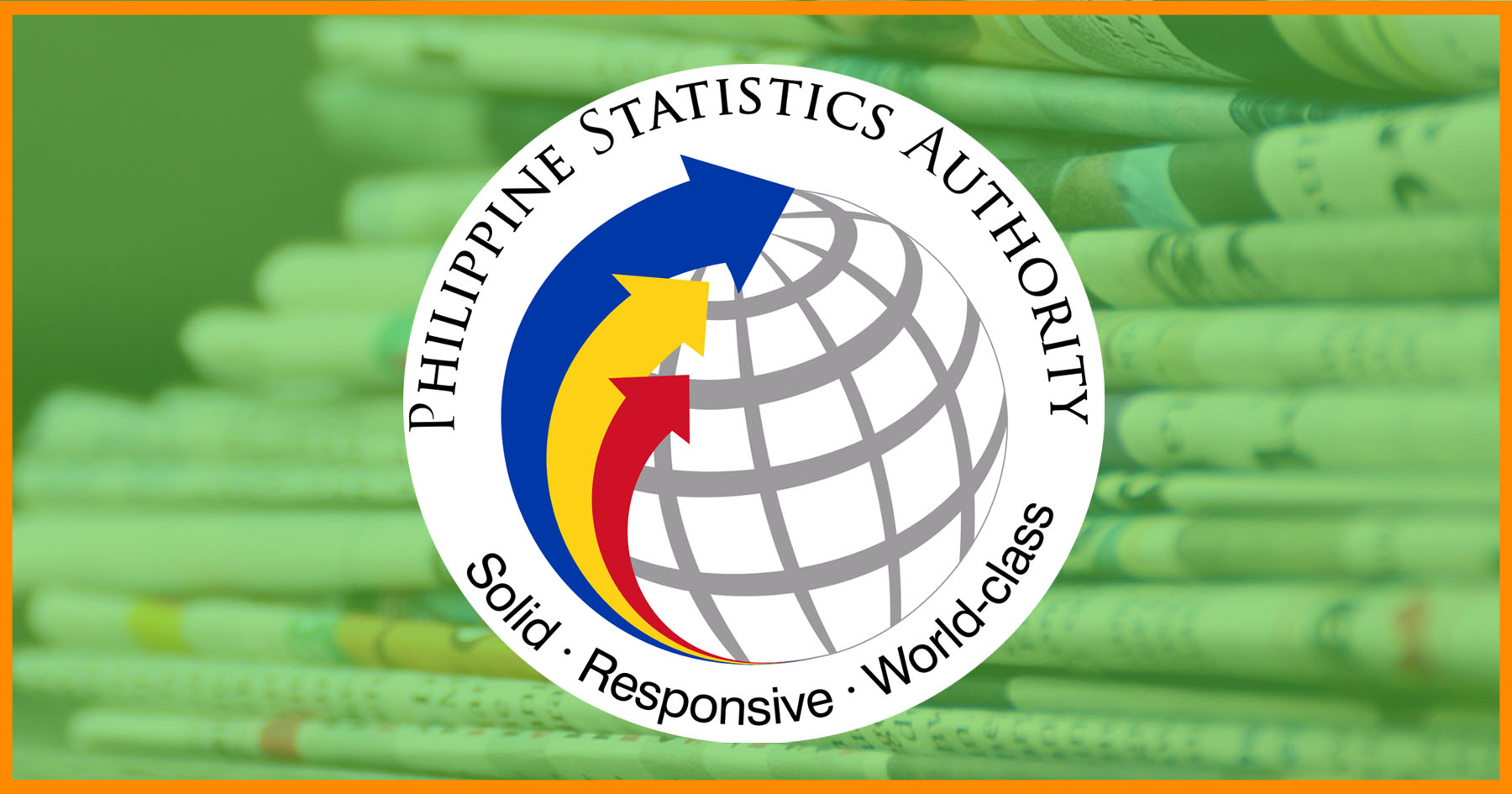BAGUIO CITY – The Regional Council for the Welfare of Children (RCWC) in the Cordillera revaled there were some 1,065 violence against women and children (VAWC) cases that were recorded in the different parts of the region from January to September this year which is an indication of the alarming condition of the vulnerable sector.
Florita Paragas, RCWC regional coordinator, said there are still numerous unreported VAWC cases, especially in the remote villages of the region, thus, there is a big possibility that the number of cases is more than what has been recorded in the different social welfare and development offices.
“We are more concerned about the unreported cases, especially among the elite and those in the rural areas. We have to increase the awareness of our people to the importance of reporting VAWC cases to the concerned authorities so that appropriate interventions could be done to the parties,” Paragas stressed.
The data was obtained by the Regional Inter-Agency Committee Against Trafficking and Violence Against Women and their Children from the Department of Social Welfare and Development (DSWD), Commission on Human Rights (CHR), Department of Health (DOH), Department of Justice (DOJ), National Bureau of Investigation (NBI), Save Our Women, Police Regional Office – Cordillera among other non-government organizations.
According to her, most of the reported VAWC cases are domestic violence and trafficking although child abuse cases among other related crimes are also on the rise because of the information and education campaign being waged by some agencies for the vulnerable sectors to know their rights.
Paragas called on the public to help the authorities in the investigation of VAWC cases that happen in their places by reporting the matter to the police or the social welfare offices so that abused women and children could be spared from eminent danger.
She warned children who are exposed to violence at an early age have the tendency to commit violence once they become older and that such incidents could be graver compared to what they have experienced.
The RCWC coordinator claimed it is difficult to monitor the prevalence of VAWC cases in rural areas because the concerned parties end up settling the case before being brought to the attention of the concerned agencies considering the serious negative effect of the conflict to the close family ties among those in the said places.
For the elite, Paragas admitted that abused women and children belonging to elite families seek assistance from concerned agencies not in the places where the abuses were committed but in other places where they are not known to preserve the reputation of their families.
She claimed there are some members of the elite families in Metro Manila who came to the city to seek assistance not from the government but from privately owned and managed institutions where they are able to be conveniently accommodated for the sake of preserving the reputation of their families in the areas where they come from.
By HENT













